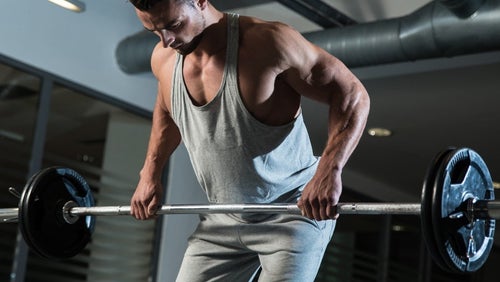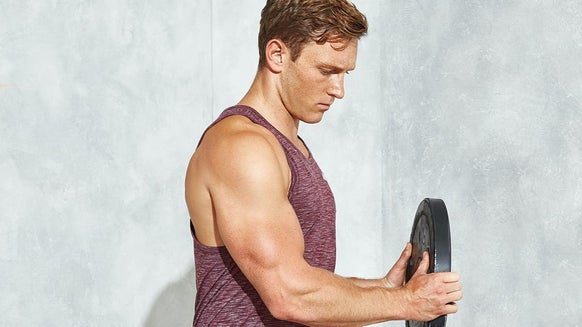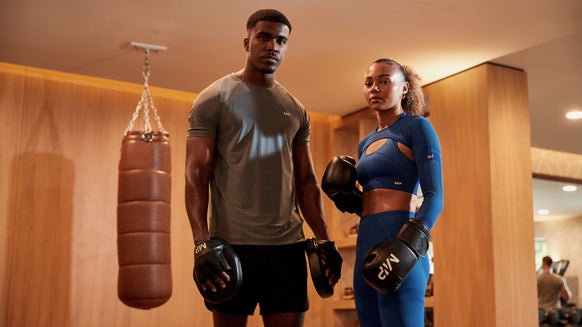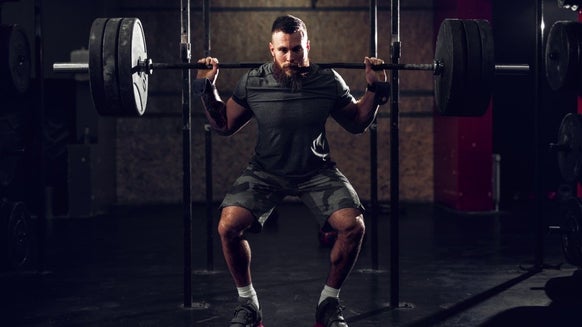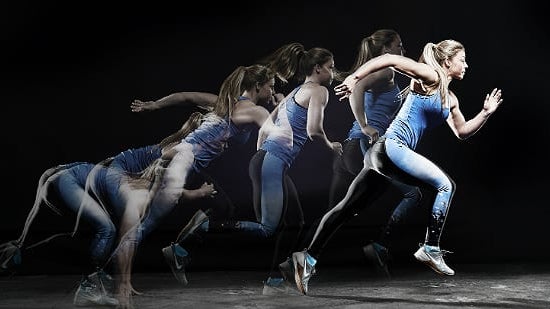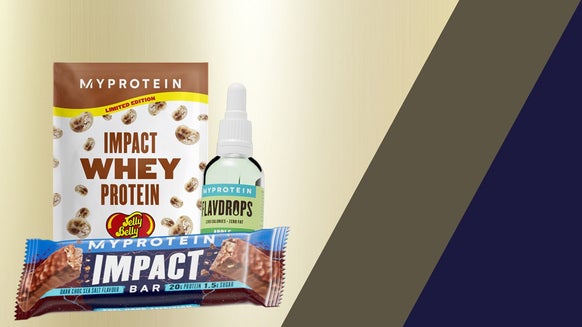Hip Thrusts | Why and How Should Be Doing Them
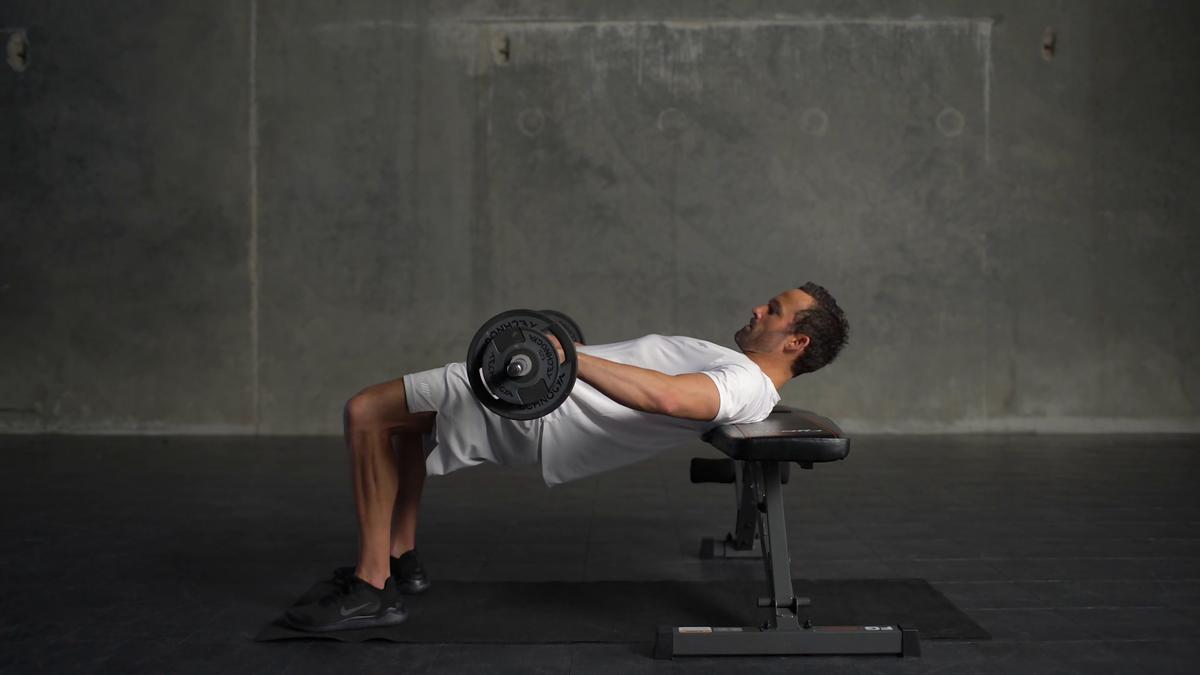
Do you want bigger, stronger glutes? Then you really need to try this move. Yes, really.
Hip thrusts are the perfect addition to any leg day routine, designed to improve explosive speed and power while improving your other lifts like squats and deadlifts.

Targeted Muscles
It’s not just your glutes that’ll benefit from hip thrusts, because this compound exercise also targets your hamstrings. As the hamstrings contribute to hip extension (pushing your hips forward), they will be act as the synergist (assisting) muscle in the movement.
And, by adding a resistance band around your knees, you can include external rotation into the movement that targets the gluteus medius and gluteus minimus.
Why you should add this movement to your routine
Strong glutes are essential in everyday life, from helping you climb the stairs at work to getting you in and out of your chair, they support your body each and every day.
And, they’re just as important in sport and fitness. The glutes help you accelerate, decelerate, change direction, and create that explosive power when jumping.
All the major movements in sports require the glutes. Powerlifting has the deadlift and the squat, footballers need to sprint and jump, both requiring the glutes and other muscles to fire. If the glutes are weak, you’re limiting your potential. So, grab a barbell, start hip thrusting, and watch your glutes grow.
How to do a barbell hip thrust:
https://youtu.be/b_-aw9M2vXE
1. Put the plates on the barbell and roll it to the long side of the bench, around 4-5 feet away.
2. Position yourself sitting against the bench, with your back against the long side.
3. Lean forward and grab the barbell, and roll it over your toes, shins and up your thighs. It should now sit around 1 inch below your hip bones.
4. With your upper back pressed against the bench, and hands gripping the bar either side of your hips, bring your feet up flat against the floor, with knees bent around 90'.
5. Take a breath into your stomach, and brace your arms to stop the bar rolling. Lift your hips as you pivot on your back until your shoulders, hips and knees are all at the same height. Do not go any higher than this.
6. After squeezing your glutes, reverse the motion back down to the floor. Reset your position, and repeat.
Common mistakes and how to fix them
Like most hinging movements, there is a certain risk to your lower back if you don’t perform the movement correctly. So to ensure that doesn’t happen with the hip thrust, it’s important to remember these key points:
1. Don't bridge up too high. Once your glutes are fully contracted, lifting higher only places the stress onto the lumbar spine. Your body should make a flat table from knee to shoulder.
2. Make sure your knee’s don’t collapse on the concentric movement (the upward phase). This will put stress on the hips and knees, possibly leading to pain and injury. Just like your squat, drive your knees out as you push the weight up, this will activate all of your glutes.
Take home message
The hip thrust is a large, compound movement focusing on the glutes and hamstrings.
It provides a horizontal stimulus to the glutes and can be used to build strength and muscle mass in the hips, glutes and hamstrings.
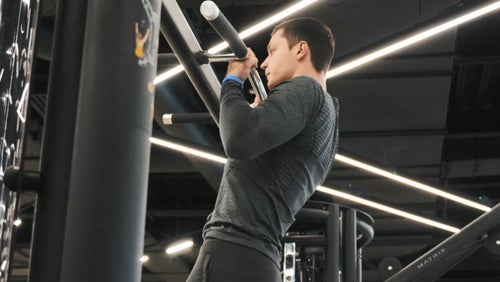
How To Do A Chin-Up | Benefits & Technique
All you need is a pull-up bar and your bodyweight…




